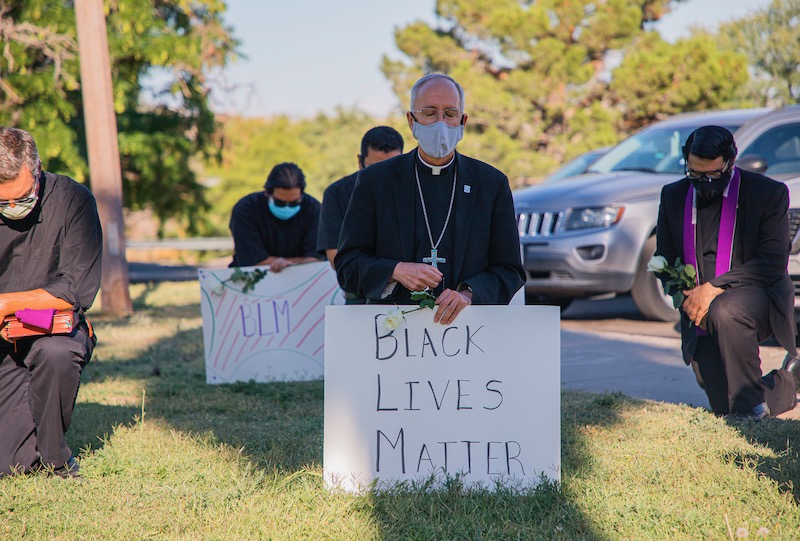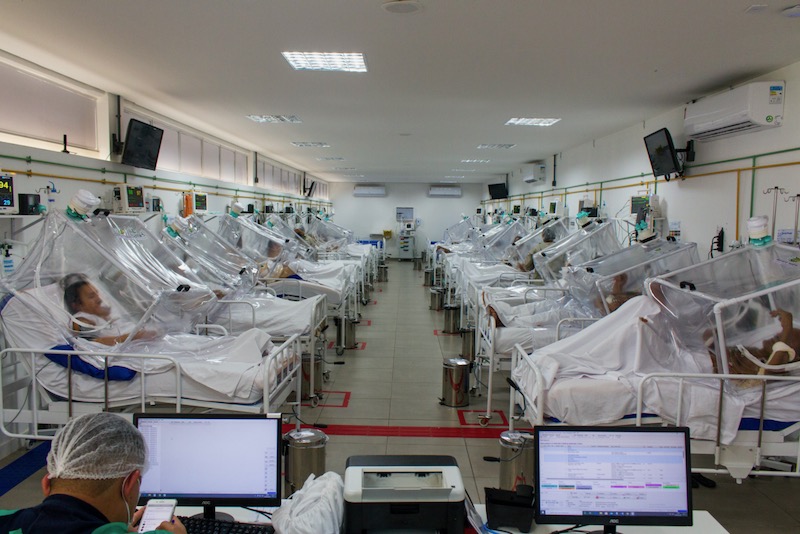It is now almost three weeks since the World Health Organisation described Latin America as the new epicentre of the Covid-19 pandemic. Since then the situation Brazil, the continent’s largest country, has continued to worsen. The official total of cases is well over half a million, standing at 555, 383 on 2 June, with a death total of 31,199.
The country is registering daily death totals of over 1,000, with 1,262 recorded on 2 June. Marcos Espinal, director of communicable diseases for the Panamerican Health Organisation (PHO), said Brazil's increases in cases and deaths are worrying, and intensive care unit occupancy is at 80 per cent in some areas.
He added that the next two weeks would be crucial and depend on states using a package of measures to battle virus activity. The official response in Brazil across the country’s 27 states and territories tends to follow the political line of the state government, with supporters of President Jair Bolsonaro stressing the need to lift restrictions and restart the economy, while those more critical, such as the governor of São Paulo, João Doria and the city mayor, Bruno Covas, are adopting a more cautious approach.
President Bolsonaro continues to adopt a public attitude of indifference to the crisis, saying when asked if he would express sympathy with the victims: “You regret the deaths, but it happens to all of us.”
In Venezuela, unusually, there was some positive news. The Maduro government and opposition leader Juan Guaidó announced an agreement, mediated by the Panamerican Health Organisation, that will allow the PHO to bring in funds and lead a programme of “priority initiatives” including testing and isolation of infected people.
The official number of the pandemic in Venezuela are low, at 1,818 cases and 18 deaths, but the dire state of the economy makes an effective response difficult. The agreement comes less than a week after the Venezuelan bishops issued a strongly worded call for a “long-term national accord” and “a new model for the country, and the formation of public institutions, with democratic values that serve the people and seek all-round human and social development”. This implied, the bishops said “new political leadership”.
In Nicaragua, where the Ortega government initially tried to deny the existence of Covid-19, there is a dispute over the figures between the government and civil society organisations.
The government says there have been 1,118 cases and 36 deaths, but civil society organisations put the totals at 3,725 cases and 715 deaths suspected to be due to the coronavirus. On 1 June Nicaragua’s medical bodies called for a lockdown in view of “the acceleration of transmission in the community”, a call endorsed by the employers’ organisation and the PHO. The government rejected the appeal, claiming that it was following “the Swedish model”.



 Loading ...
Loading ...